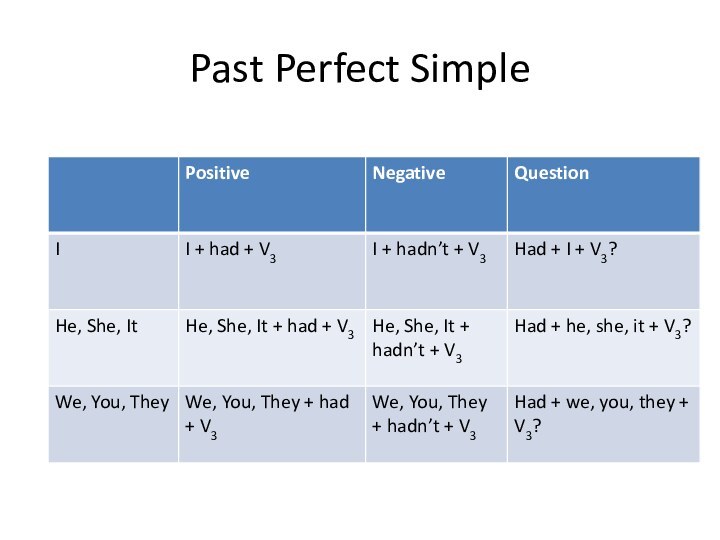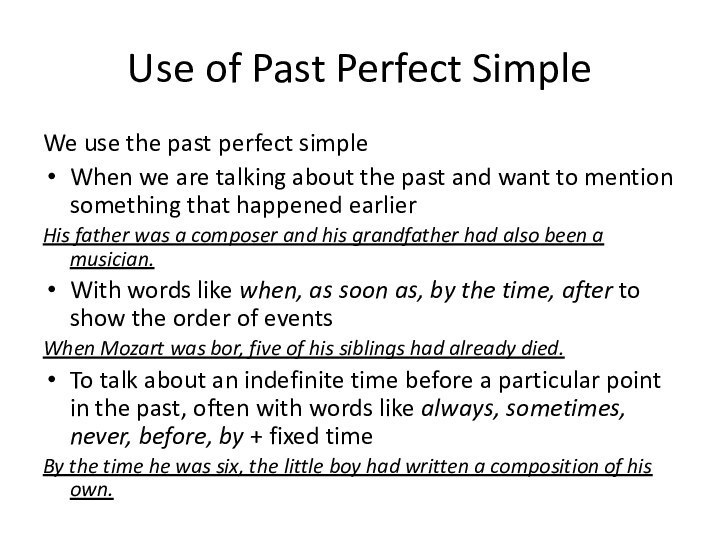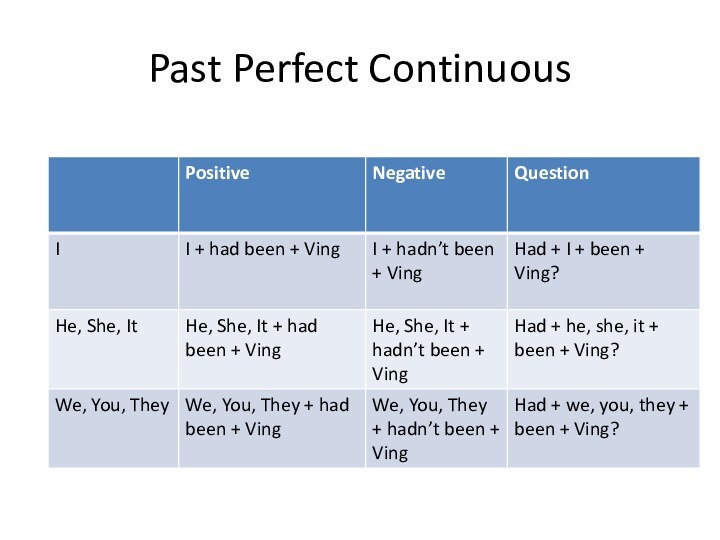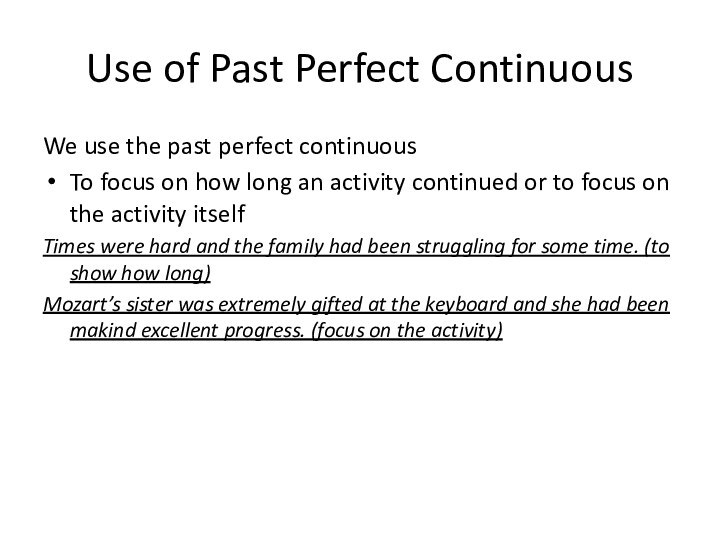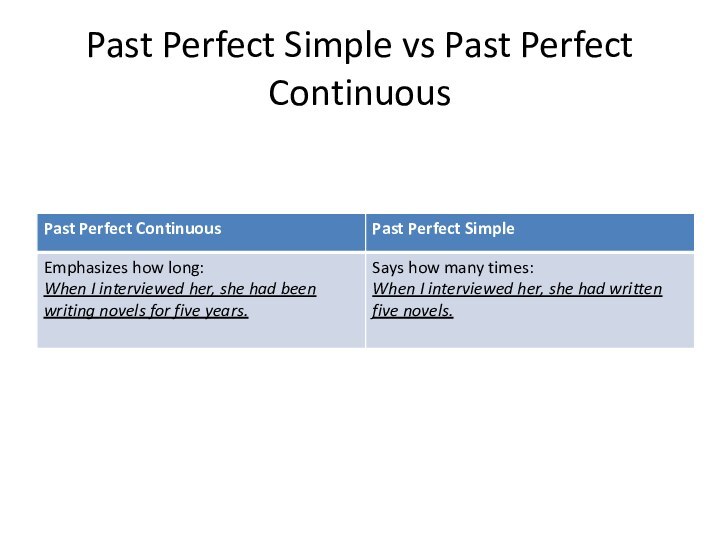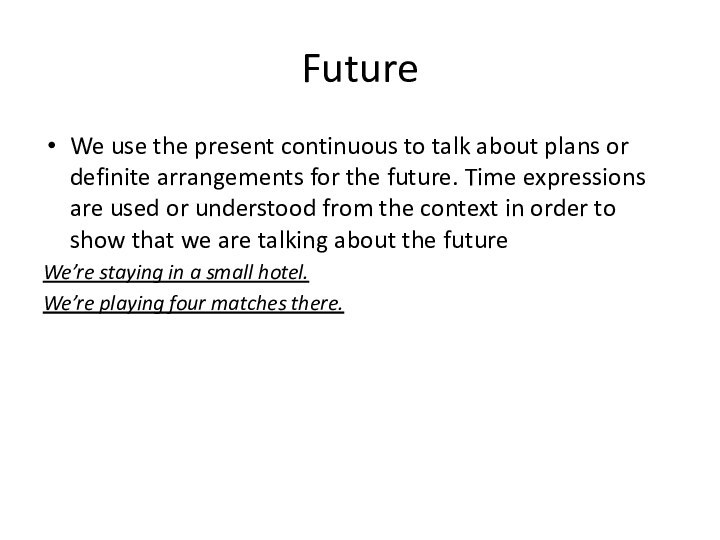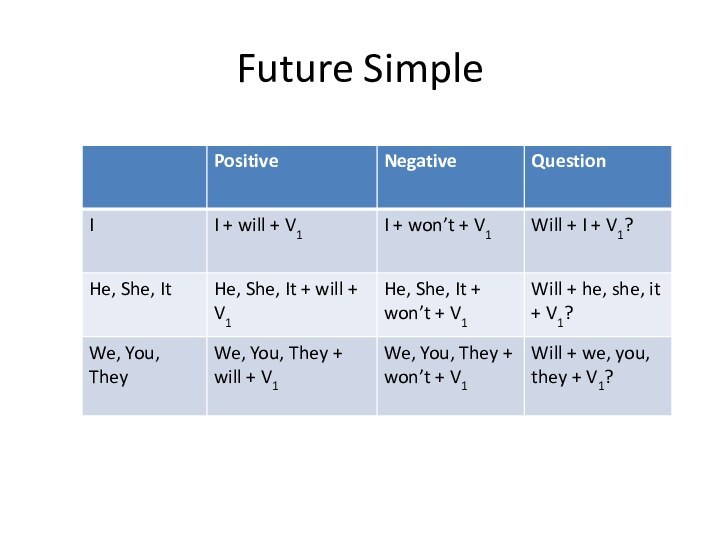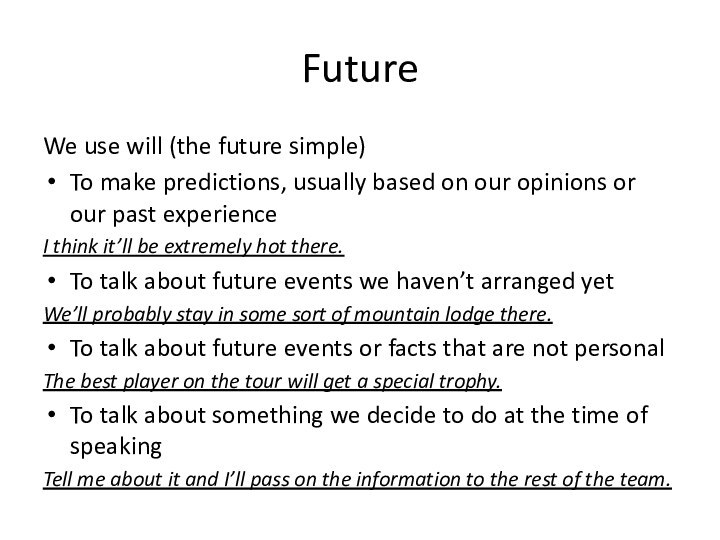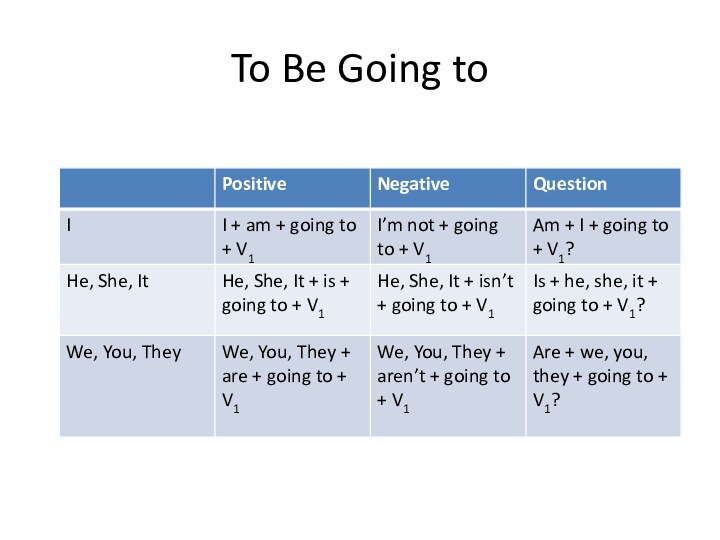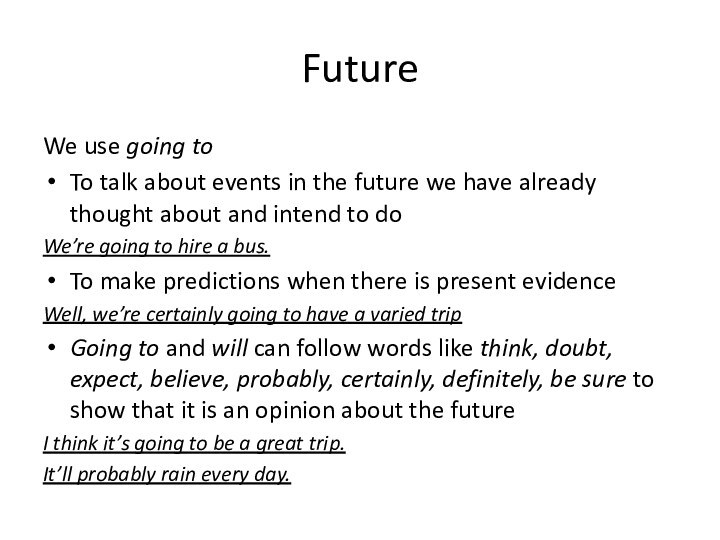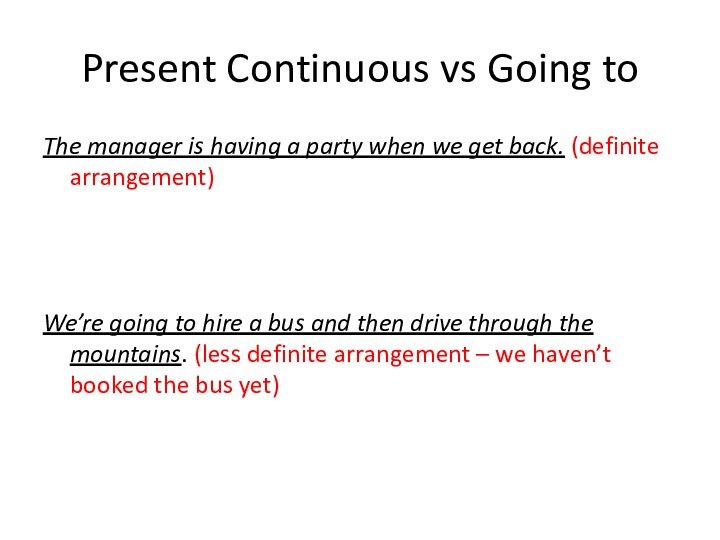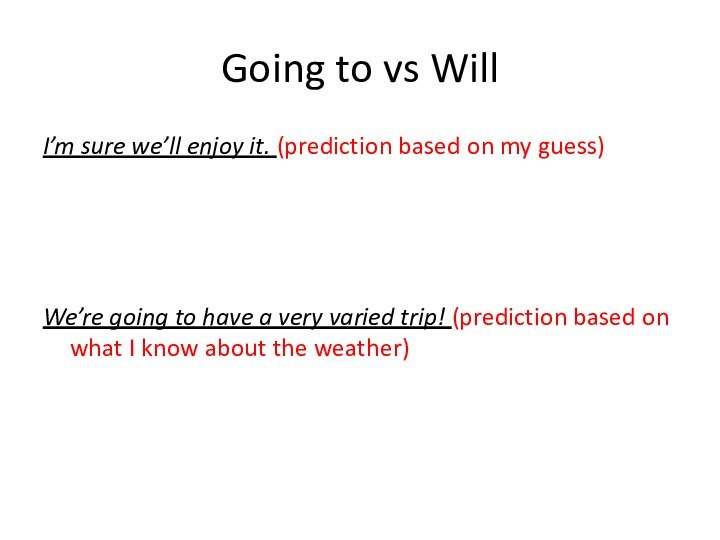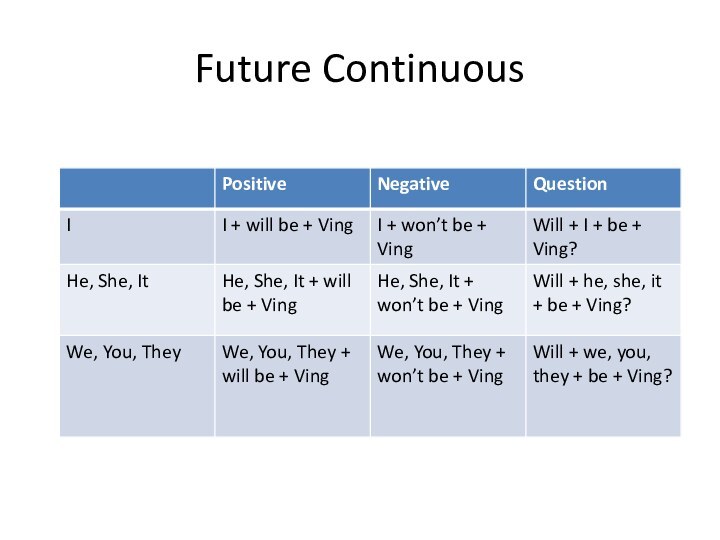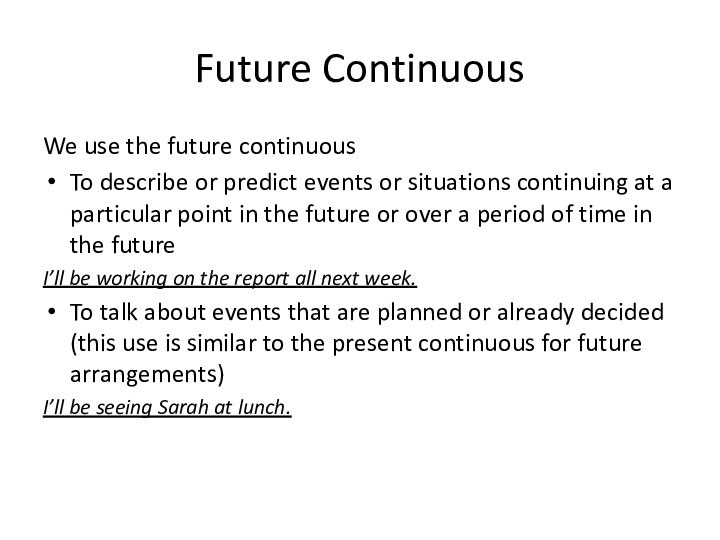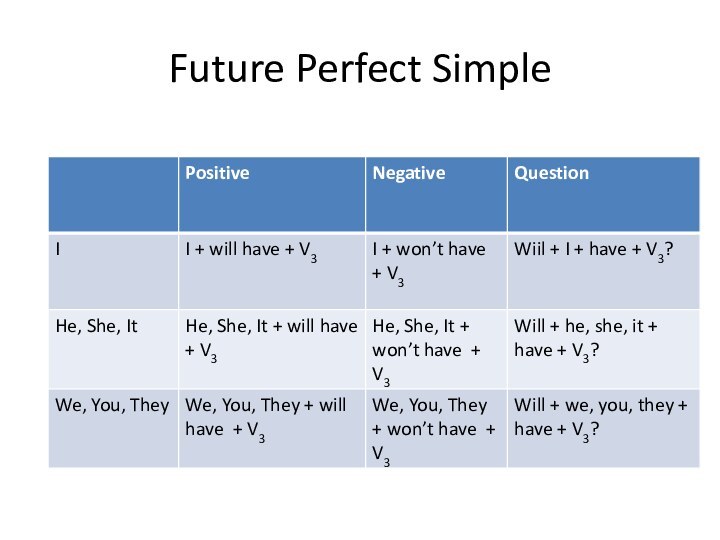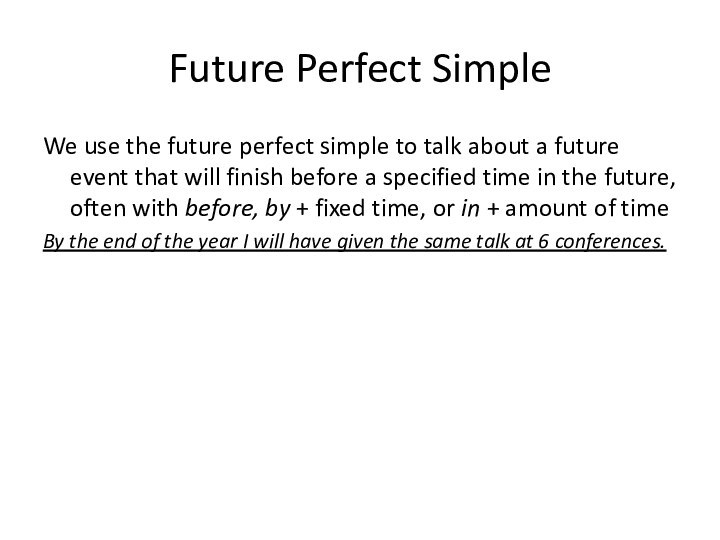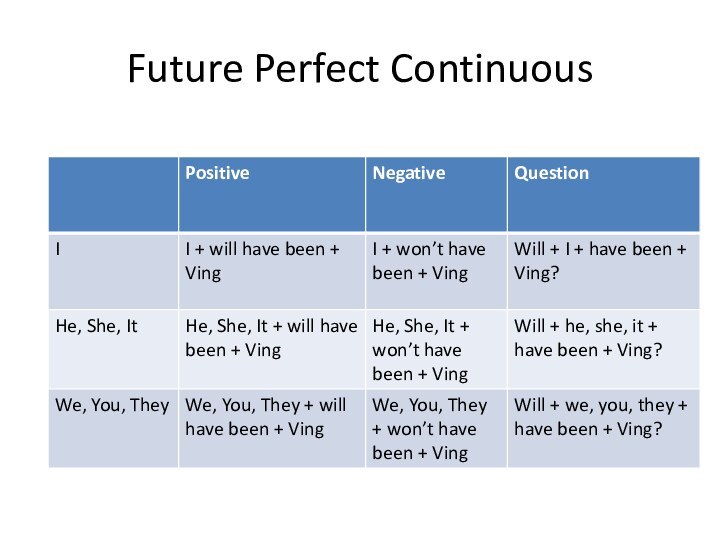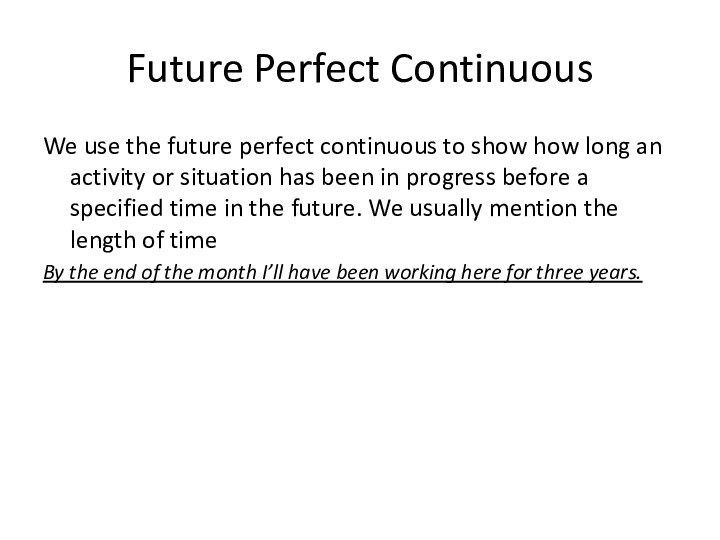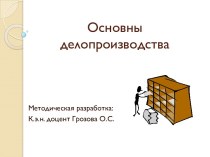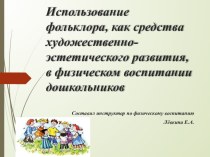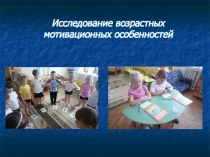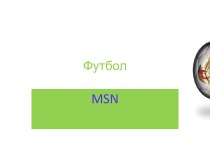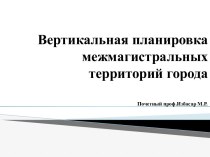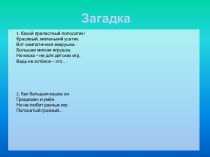Слайд 2
Use of Past Perfect Simple
We use the past
perfect simple
When we are talking about the past and
want to mention something that happened earlier
His father was a composer and his grandfather had also been a musician.
With words like when, as soon as, by the time, after to show the order of events
When Mozart was bor, five of his siblings had already died.
To talk about an indefinite time before a particular point in the past, often with words like always, sometimes, never, before, by + fixed time
By the time he was six, the little boy had written a composition of his own.
Слайд 4
Use of Past Perfect Continuous
We use the past
perfect continuous
To focus on how long an activity continued
or to focus on the activity itself
Times were hard and the family had been struggling for some time. (to show how long)
Mozart’s sister was extremely gifted at the keyboard and she had been makind excellent progress. (focus on the activity)
Слайд 5
Past Perfect Simple vs Past Perfect Continuous
Слайд 6
Future
We use the present continuous to talk about
plans or definite arrangements for the future. Time expressions
are used or understood from the context in order to show that we are talking about the future
We’re staying in a small hotel.
We’re playing four matches there.
Слайд 8
Future
We use will (the future simple)
To make predictions,
usually based on our opinions or our past experience
I
think it’ll be extremely hot there.
To talk about future events we haven’t arranged yet
We’ll probably stay in some sort of mountain lodge there.
To talk about future events or facts that are not personal
The best player on the tour will get a special trophy.
To talk about something we decide to do at the time of speaking
Tell me about it and I’ll pass on the information to the rest of the team.
Слайд 10
Future
We use going to
To talk about events in
the future we have already thought about and intend
to do
We’re going to hire a bus.
To make predictions when there is present evidence
Well, we’re certainly going to have a varied trip
Going to and will can follow words like think, doubt, expect, believe, probably, certainly, definitely, be sure to show that it is an opinion about the future
I think it’s going to be a great trip.
It’ll probably rain every day.
Слайд 11
Present Continuous vs Going to
The manager is having
a party when we get back. (definite arrangement)
We’re going
to hire a bus and then drive through the mountains. (less definite arrangement – we haven’t booked the bus yet)
Слайд 12
Going to vs Will
I’m sure we’ll enjoy it.
(prediction based on my guess)
We’re going to have a
very varied trip! (prediction based on what I know about the weather)
Слайд 13
Future
We use the present simple with a future
meaning to talk about timetables or schedules
The train to
the airport leaves in 20 minutes.
We use Shall I/Shall we for offers or suggestions in the question form
Shall I phone him?
We use be about to to talk about something likely to happen in the immediate future
I’m about to go to Rome for a conference. (I will be leaving very soon)
Слайд 15
Future Continuous
We use the future continuous
To describe or
predict events or situations continuing at a particular point
in the future or over a period of time in the future
I’ll be working on the report all next week.
To talk about events that are planned or already decided (this use is similar to the present continuous for future arrangements)
I’ll be seeing Sarah at lunch.
Слайд 17
Future Perfect Simple
We use the future perfect simple
to talk about a future event that will finish
before a specified time in the future, often with before, by + fixed time, or in + amount of time
By the end of the year I will have given the same talk at 6 conferences.
